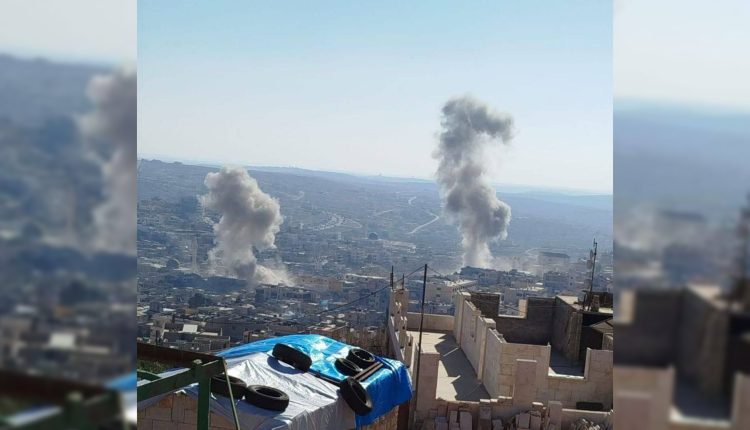Turkey Aims to Use SNA, HTS Attack for Negotiation Pressure – Analyst
QAMISHLI, Syria (North Press) – Turkish political analysts believe that the recent military offensive by Hayat Tahrir al-Sham (HTS, formerly al-Nusra Front) and the Turkish-backed Syrian National Army (SNA) against Syrian government forces in Northwest Syria aligns with Ankara’s broader strategic goals to strengthen its negotiating position.
Javad Kouk, a Turkish political analyst, told North Press on Thursday that Turkey is maintaining a deliberate stance of neutrality regarding the attack. “HTS is officially classified as a terrorist organization, so Turkey cannot openly support its actions. By remaining neutral, Turkey avoids alienating the Syrian government and preserves the possibility of normalizing relations,” he explained.
Turkey’s Balancing Act
Kouk highlighted that Turkey’s measured approach allows it to benefit from the attacks without directly endorsing them. The government seeks to leverage the situation to pressure Syrian President Bashar Assad into concessions in normalization talks.
Firas Rida, another Turkish political analyst, suggested that the timing of the offensive indicates a potential alignment with broader regional developments. He posited that a “new map for the region” is being shaped by the U.S. and Israel, which opposition factions aim to exploit.
Implications of the Offensive
Rida pointed out the Syrian government’s limited ability to repel the attack, largely due to insufficient ground forces. “Airstrikes alone cannot stop the opposition advance, especially as Hezbollah and other Iranian-backed militias have been withdrawing from the region since September,” he said.
The analyst added that Turkey indirectly benefits from the attacks as they weaken the Syrian government and serve as leverage against Russia. “This is Ankara’s way of strengthening its hand in negotiations with both Damascus and Moscow,” Rida explained.
Hezbollah’s Withdrawal and Regional Dynamics
The offensive comes amidst the ongoing withdrawal of Hezbollah forces from key areas in Northwest Syria, including Maarat al-Numan and Khan Shaykhun in Idlib. These movements have left gaps in the Syrian government’s defenses, which HTS and the SNA have exploited to capture strategic locations.
While the opposition has made significant advances, including reportedly approaching the city of Aleppo, Rida cautioned that these gains are unlikely to lead to broader territorial expansion due to resource limitations.
Strategic Goals and Regional Impact
The analysts agreed that Turkey’s ultimate aim is not to overthrow the Assad government but to use the situation as a bargaining chip. “Turkey benefits from keeping the Syrian government under pressure while maintaining control over opposition factions,” Kouk noted.
The attack also serves as a message to Russia and Iran, signaling Turkey’s continued influence in Northwest Syria despite ongoing normalization efforts.

